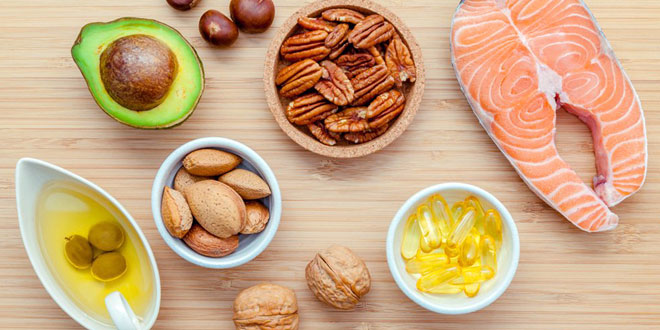
Less carbs, more healthy fats could reduce the risk of type 2 diabetes
Researchers found that eating more foods rich in monounsaturated fat or polyunsaturated fat in place of saturated fats had a beneficial effect on key markers of blood glucose control.
Replacing carbohydrate and saturated fats with more unsaturated fats could help lower the risk of diabetes, according to new research.
The new study, out of Tufts University in the US state of Massachusetts and the University of Cambridge in the UK, looked at data from 102 randomised controlled trials involving a total of 4,660 adult participants. The trials provided participants with meals that varied in the types and amounts of fat (saturated, monounsaturated and polyunsaturated) and carbohydrate.
The team then looked at the effects of these various diets on key biological markers of glucose and insulin control, including blood sugar, blood insulin, insulin resistance and sensitivity, and the ability to produce insulin in response to blood sugar, which are linked to an increased risk of developing type 2 diabetes.
The researchers found that eating more foods rich in monounsaturated fat or polyunsaturated fat, such as walnuts, sunflower seeds, soybeans, flaxseed, fish, and other vegetable oils and spreads, in place of saturated fats such as animal fats and carbohydrates such as refined grains, starches, sugars, had a beneficial effect on key markers of blood glucose control.
Patients showed lower blood sugar levels and improved insulin resistance and secretion, and for each 5% of dietary energy switched from carbohydrates or saturated fats to mono- or polyunsaturated fats, there was an approximately 0.1% reduction in HbA1c, a blood marker of long-term glucose control. Based on prior research, each 0.1% reduction in HbA1c is estimated to reduce the incidence of type 2 diabetes by 22%, and cardiovascular diseases by 6.8%.
Commenting on the significance of the results, senior author Dariush Mozaffarian said, “Until now, our understanding of how dietary fats and carbohydrate influence glucose, insulin, and related risk factors has been based on individual studies with inconsistent findings. By combining results from more than 100 trials, we provide the strongest evidence to-date on how major nutrients alter these risks.”
With global rates of insulin resistance and type 2 diabetes on the rise the authors now hope that the findings will help inform not only health practitioners but also the public on how dietary fats and carbohydrates affect metabolic health, with Mozaffarian concluding that, “This is a positive message for the public. Don’t fear healthy fats.”
Source AFP Relaxnews

